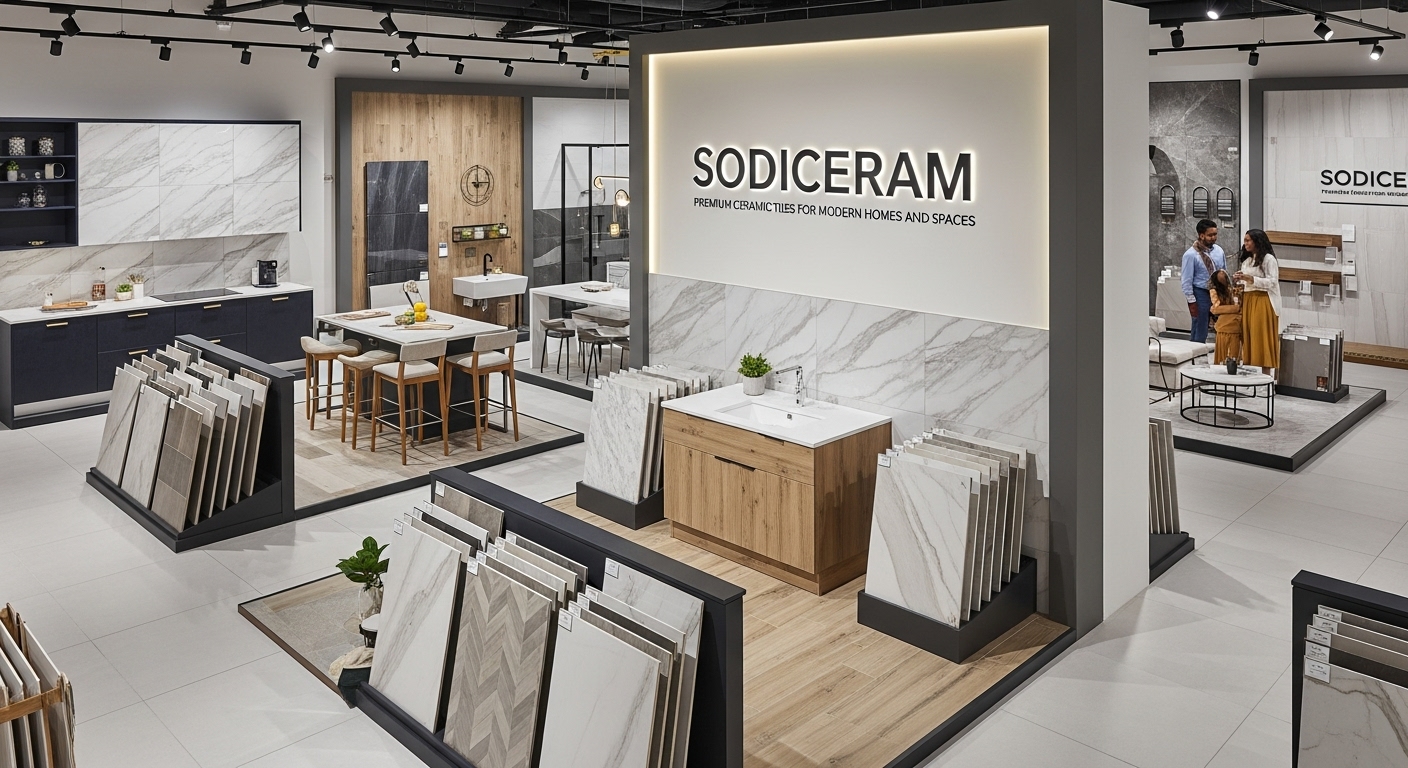Introduction
In the evolving world of digital healthcare, one area that often requires special attention is addiction recovery. Substance use disorders (SUDs) demand sensitive, regulated, and highly coordinated treatment plans—and the right technology can make or break the success of that care. That’s where the role of Electronic Medical Records (EMR) becomes crucial. Recently, the popular blog ConversationsWithAnthony spotlighted this issue by exploring the role of purpose-built EMR software designed specifically for substance abuse treatment. The blog’s insights not only highlight the current software landscape but also emphasize how technology can reshape recovery care in meaningful ways.
This article builds upon the original ConversationsWithAnthony substance abuse EMR software discussion, providing a detailed breakdown of the platforms mentioned, their features, and the significant benefits they offer addiction recovery centers and clinicians.
Why Substance Abuse Needs Specialized EMR Software
Substance abuse treatment differs greatly from general medical care. Addiction recovery involves a combination of behavioral therapy, medication-assisted treatment (MAT), group sessions, compliance tracking, and deep integration with legal and family support systems. A general-purpose EMR might not offer the templates, workflows, or security layers required to manage such complexity. That’s why specialized software solutions are designed from the ground up to handle the clinical, operational, and ethical demands of substance abuse programs.
The ConversationsWithAnthony article identifies that generic EMRs can slow down documentation, make patient monitoring difficult, and increase the risk of compliance failures. In contrast, purpose-built substance abuse EMR software addresses these challenges by offering tailored templates (such as ASAM assessments), built-in telehealth features, integrated billing, and secure patient portals.
Key Platforms Highlighted by ConversationsWithAnthony
The ConversationsWithAnthony substance abuse EMR software article shines a spotlight on a few standout platforms that are transforming addiction treatment across the U.S. and globally. These platforms were selected for their ability to integrate clinical needs with administrative efficiency, all while supporting regulatory compliance.
AZZLY Rize™
AZZLY Rize™ is a cloud-based EMR system specifically built for behavioral health and substance use treatment facilities. It offers integrated features such as digital intake forms, automated billing, outcome tracking, and ASAM-aligned care planning. Clinics using AZZLY Rize report better staff efficiency and reduced billing errors. The platform emphasizes an all-in-one experience, meaning clinicians can access assessments, progress notes, and medication records from a single dashboard.
SmartCare™
SmartCare™ focuses heavily on medication-assisted treatment (MAT) and offers streamlined tools for e-prescribing and tracking patient adherence. This system supports secure communication between providers and patients, automated claims submission, and telehealth functionality. With its robust data analytics tools, SmartCare also empowers clinics to track treatment outcomes and make data-driven improvements.
Other Mentions: ICANotes, Kipu Health, Zanda Health
While AZZLY and SmartCare took center stage, ConversationsWithAnthony also made brief mentions of other reliable tools:
- ICANotes provides note templates tailored for drug and alcohol counselors.
- Kipu Health is favored by residential addiction treatment centers.
- Zanda Health supports smaller practices and international clients with lightweight, mobile-friendly tools.
Core Features That Matter in Substance Abuse EMR Systems
Drawing on the ConversationsWithAnthony substance abuse EMR software analysis, the following features are universally essential across all high-performing platforms:
1. Clinical Workflow Integration
Includes customizable templates for substance abuse diagnostics, such as the ASAM Criteria and DSM-V standards. Clinicians benefit from guided intake flows, automated alerts for missed sessions, and daily treatment progress tracking.
2. Medication-Assisted Treatment (MAT) Support
Platforms like SmartCare and AZZLY offer built-in MAT tools that allow providers to monitor medication compliance, handle prescription refills, and log side effects—all within the same interface.
3. Telehealth and Communication
Especially relevant post-COVID, telehealth allows clinicians to maintain contact with patients remotely. Secure messaging and appointment reminders reduce no-shows and promote engagement.
4. Billing and Claims Management
These systems automate insurance eligibility checks, generate clean claims, and post electronic remittances automatically. This minimizes revenue cycle delays and reduces the administrative burden on billing departments.
5. Compliance and Confidentiality
The platforms comply with HIPAA and 42 CFR Part 2, ensuring that substance use treatment records are properly protected from unauthorized access.
Table: Platform Comparison Based on ConversationsWithAnthony Insights
| Platform | Target Audience | Key Strengths | Compliance Features |
|---|---|---|---|
| AZZLY Rize™ | Clinics & recovery centers | All-in-one suite, ASAM templates, billing | HIPAA, CFR 42 Part 2 |
| SmartCare™ | MAT-focused providers | E-prescribing, MAT tracking, analytics | HIPAA, automated compliance |
| ICANotes | Individual counselors | Note templates, quick charting | Encrypted notes |
| Kipu Health | Inpatient centers | Comprehensive care coordination | Enterprise-grade compliance |
| Zanda Health | Solo/international users | Lightweight, mobile-ready platform | Global data protection laws |
Practical Benefits from Real-World Use
The ConversationsWithAnthony substance abuse EMR software piece reports tangible benefits experienced by providers who switch to purpose-built platforms. Among them:
- Up to 30% increase in patient engagement thanks to digital communication and better record transparency.
- 25% reduction in billing errors due to automated claims management.
- Faster treatment delivery as intake, documentation, and prescriptions are processed electronically.
- Improved treatment outcomes, as systems track patient progress and flag issues early.
Future Trends in Substance Abuse EMR Software
As technology continues to evolve, substance abuse EMRs are expected to integrate even more advanced features. Predictive analytics could help identify relapse risks before they occur. AI-powered note generation may further reduce clinician workload. Furthermore, better mobile apps could empower patients to participate more actively in their recovery journey.
The ConversationsWithAnthony blog anticipates that cloud-native, mobile-accessible, and compliance-focused platforms will dominate the market in the coming years.
Final Thoughts
The ConversationsWithAnthony substance abuse EMR software coverage offers a valuable lens into how digital solutions are reshaping the way addiction treatment is delivered. By choosing platforms that are purpose-built for substance abuse care, clinics and counselors can streamline their operations, reduce compliance risks, and most importantly—improve patient outcomes.
Whether you’re managing a rehab center, outpatient clinic, or private practice, investing in the right EMR system can fundamentally change how you deliver care. And with trusted insights like those from ConversationsWithAnthony, navigating the crowded software landscape becomes a lot easier.
Other Articles
MT6761 CascabelK Unlock Software















Leave a Reply